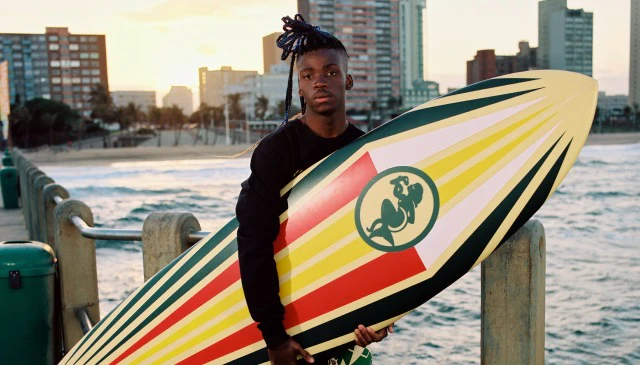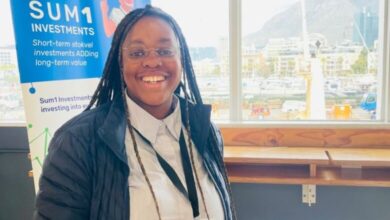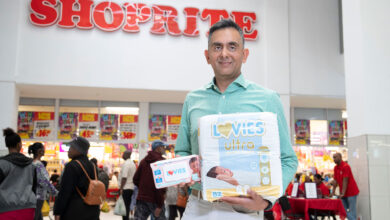How Mami Wata Seeks To Provide Proudly African Surfboards

How Mami Wata Seeks To Provide Proudly African Surfboards. In 2016 three South Africans, Andy Davis, Nick Dutton and Peet Pienaar had a conversation about the need for a proudly African global surf brand and they launched Mami Wata in 2017.
In 2018 Selema Masekela joined as a co-founder along with investors from South Africa, the Americas, Europe and Japan. In 2022 Selema stepped back from his roles and responsibilities as co-founder, but remains a shareholder and creative collaborator. In 2023, Black-owned South African investment company Jonith Ventures joined as partners with a shareholding and advisory seats on the company’s board for Jonith Chairman, Hardy McQueen, and Ashley Barker of The Welcome Agency, with Kweku Mandela joining as an advisor to the board.
Mami Wata designs and manufactures its premium range of apparel, surfboards and accessories in Africa to create jobs and build skills in the Motherland. Creating jobs grows economies and gowing economies creates jobs, it’s a virtuous circle. Where possible the company uses local materials, like African cotton. This sets it apart from many other brands out there as only about 8% of the world’s cotton is African cotton; this means that whenever it’s customers buy anything from the company, they are helping it support local farmers and communities. The company respects and shares the goodness of nature by using sustainable African materials like Better Cotton Initiative cotton and compostable/recycled packaging.
“Mami Wata” is West African pidgin English literally meaning ‘Mama Water’… ‘Mother Ocean’ if you prefer. The company believes that from Madagascar to Morocco, Liberia to Mozambique, Mami Wata is the African water spirit who appears in the shape of a mermaid. It is said that those who she takes for her lovers, return with a new spirit and become more successful and good looking. She is a symbol of fertility, a protector of women and children, a guardian of sea creatures and natural environments.




